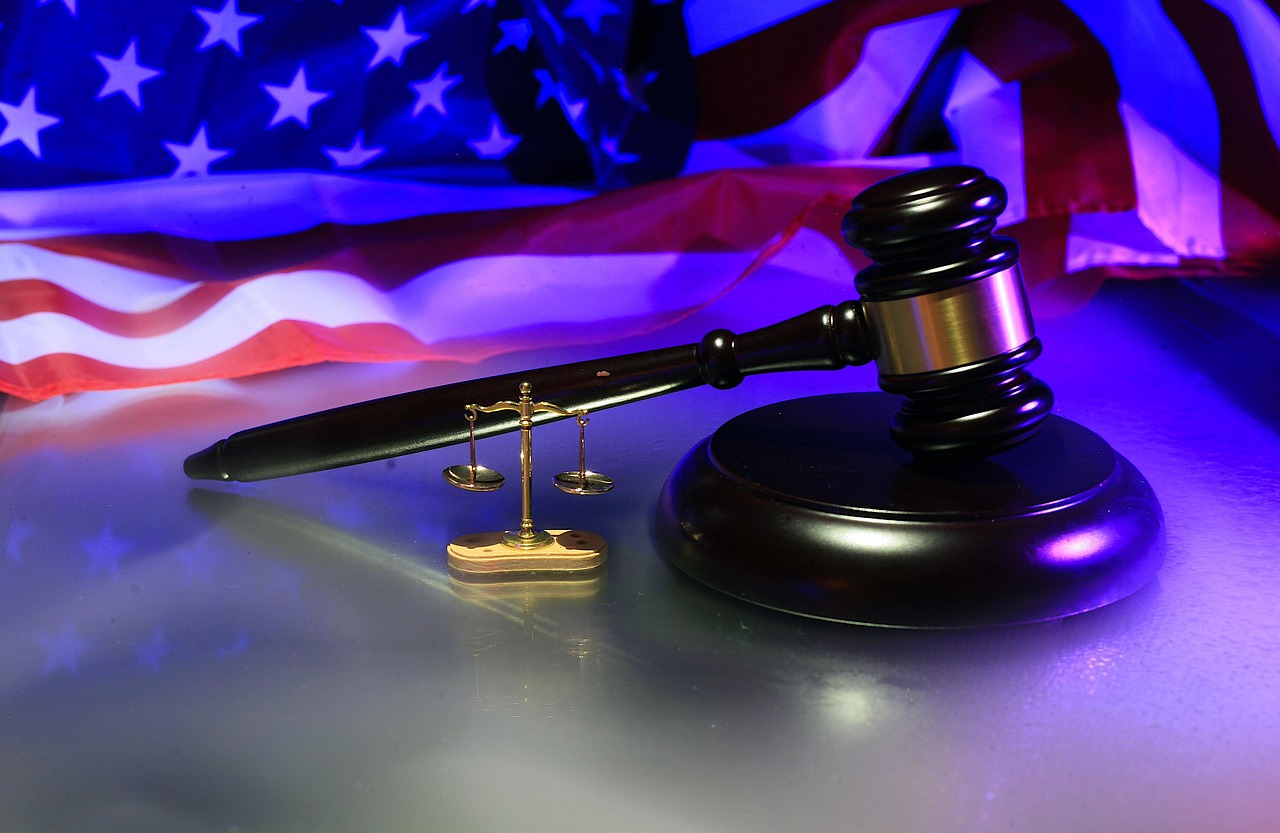Now Reading: Franchising Without the Fuss
-
01
Franchising Without the Fuss

Franchising Without the Fuss
Expanding through franchising is an exciting opportunity for growth, but it also comes with complex legal requirements and significant strategic planning. A knowledgeable business lawyer in Barrie can be an essential partner in this process, helping companies navigate the legal and regulatory aspects of franchising while protecting their long-term interests.
Crafting a Legally Sound Franchise Model
The first step in franchising is developing a comprehensive legal framework. A business lawyer helps draft the Franchise Disclosure Document (FDD), a legally mandated document that outlines key information about the business, including fees, responsibilities, and expectations. This document is not only a legal requirement but also a communication tool between the franchisor and potential franchisees.
In addition, the lawyer ensures that the franchise agreement clearly defines the roles and obligations of each party. This includes territory rights, training requirements, marketing expectations, and the use of trademarks and proprietary information. A solid agreement minimizes the potential for misunderstandings or disputes down the road.
Ensuring Regulatory Compliance
Each province in Canada may have different franchise legislation, and failure to comply can lead to serious legal and financial consequences. A business lawyer ensures that your franchise operation meets all provincial and federal legal requirements, including registration and disclosure laws where applicable.
They also help ensure that marketing practices, sales processes, and representations to potential franchisees comply with the Competition Act and other relevant statutes. This proactive approach prevents future penalties and reputational damage.
Protecting Intellectual Property
A strong franchise model is often built on recognizable branding, proprietary systems, and other intellectual property. Securing these assets legally is crucial to protecting the business. A business lawyer assists in registering trademarks, copyrights, and patents if applicable. They also draft licensing agreements that control how franchisees may use these assets.
By safeguarding intellectual property from the outset, franchisors maintain control over the brand and ensure consistency across all franchise locations, which is vital to maintaining customer trust and market identity.
Managing Disputes and Exit Strategies
Even the most well-structured franchise relationships can face disagreements. A business lawyer helps create dispute resolution mechanisms within the franchise agreement, such as mandatory mediation or arbitration clauses, to avoid costly litigation.
Lawyers also assist in drafting buyback clauses or exit plans that allow franchises or franchisees to part ways under agreed-upon terms. These provisions help avoid messy breakups and ensure the business remains stable even when individual franchise relationships end.
Tailoring Franchise Opportunities for Different Markets
Every market has unique demands, and a lawyer can help customize franchise offerings to suit specific demographics or geographic regions. Whether it’s modifying pricing models, service options, or operational guidelines, legal guidance ensures that adjustments remain compliant with existing franchise laws. This flexibility not only helps attract more franchisees but also increases the likelihood of long-term success across diverse markets.
Supporting Ongoing Growth
Franchising is not a one-time process. As your company grows, you may expand into new territories, launch additional services, or update your branding. A business lawyer plays a continuing role by updating legal documents, ensuring new franchisees are onboarded with current agreements, and addressing any regulatory changes.
They also help advise on international expansion, acquisitions, or restructuring, each of which comes with its own set of legal implications.
Conclusion
Franchising can transform a successful local business into a thriving national or even global brand—but only with careful planning and legal guidance. From drafting foundational documents to ensuring regulatory compliance and protecting intellectual property, a business lawyer provides essential support at every stage of the franchising journey.










